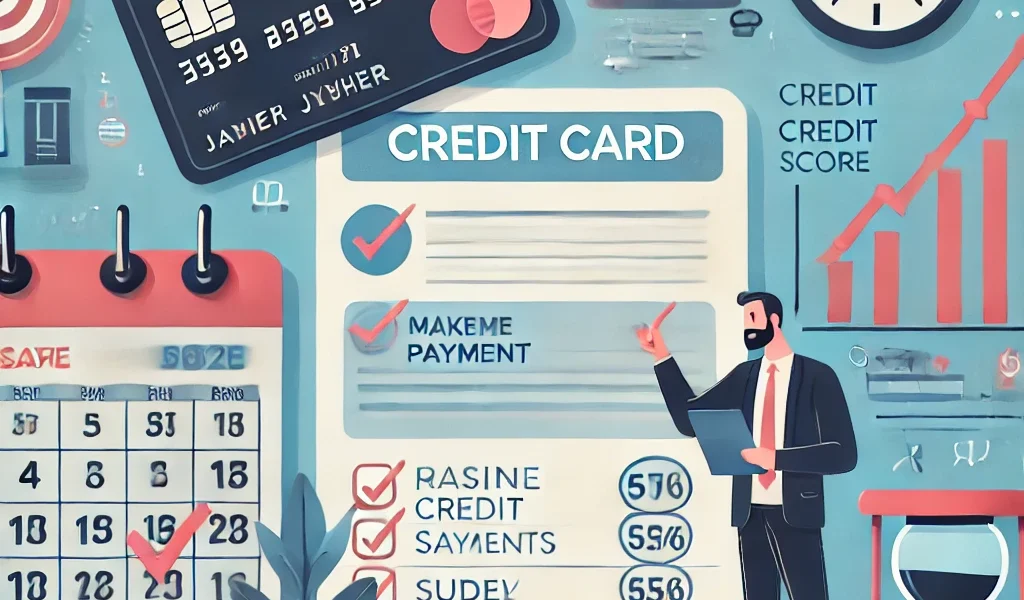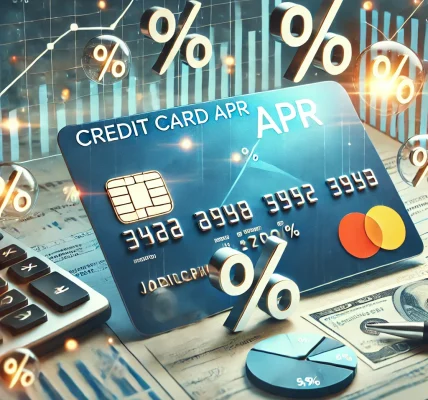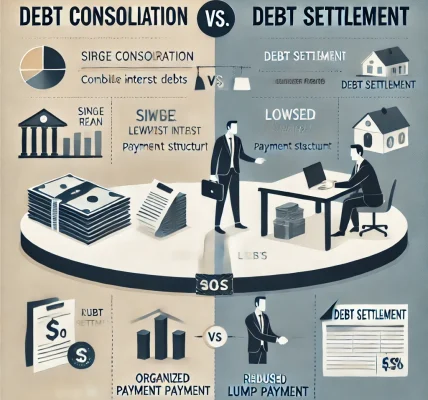Credit cards are powerful financial tools that, when used responsibly, can help you build a strong credit profile, improve your credit score, and provide financial flexibility. However, misuse of credit cards can lead to mounting debt, high interest rates, and a damaged financial future. In this guide, we will discuss how to use credit cards wisely to strengthen your financial profile while avoiding common pitfalls.
1. Understanding Credit Cards and Their Role in Your Financial Profile
Credit cards allow you to borrow money up to a certain limit, which must be repaid within a billing cycle to avoid interest charges. Using a credit card responsibly helps establish a positive credit history, which is a crucial factor in securing loans, mortgages, and even job opportunities.
Benefits of Using Credit Cards Wisely:
- Builds a positive credit history
- Improves credit score
- Provides fraud protection
- Offers rewards and cashback benefits
- Helps in emergency financial situations
2. Choosing the Right Credit Card for Your Needs
Before applying for a credit card, consider your financial goals. Here are some factors to consider:
- Interest Rates (APR): Lower interest rates are ideal if you carry a balance.
- Annual Fees: Choose a card with no or minimal fees.
- Rewards Programs: Some cards offer cashback, travel rewards, or discounts.
- Credit Limit: Select a card with a credit limit that matches your spending capacity.
3. Smart Credit Card Usage Tips
a) Pay Your Balance in Full and On Time
Timely payments prevent interest charges and maintain a good credit score. Setting up automatic payments or reminders can help you avoid missed due dates.
b) Keep Credit Utilization Low
Credit utilization refers to the percentage of your credit limit that you use. Keeping utilization below 30% is ideal for maintaining a strong credit score.
c) Avoid Unnecessary Debt
Only charge what you can afford to pay off at the end of the billing cycle. Avoid using credit cards for impulse purchases or non-essential expenses.
d) Take Advantage of Rewards Responsibly
If your card offers rewards or cashback, use them strategically. Opt for cards that provide benefits in categories where you frequently spend, such as groceries, gas, or travel.
4. Managing Credit Card Debt
Even responsible users can face unexpected financial situations. Here’s how to manage credit card debt effectively:
- Make More Than the Minimum Payment: Paying only the minimum keeps you in debt longer and increases interest payments.
- Consider a Balance Transfer: If you have high-interest debt, transferring it to a low-interest or 0% APR card can help you save money.
- Create a Repayment Plan: Budget a portion of your income to pay off outstanding credit card debt quickly.
5. Avoiding Common Credit Card Mistakes
a) Making Late Payments
Late payments result in fees and negatively impact your credit score. Set reminders or enable automatic payments.
b) Applying for Too Many Cards at Once
Each credit card application results in a hard inquiry, which can lower your credit score. Only apply for new cards when necessary.
c) Ignoring Your Credit Report
Regularly check your credit report to ensure accuracy. If you find errors, dispute them with the credit bureau.
6. How Credit Cards Impact Your Credit Score
Your credit score is influenced by several factors:
- Payment History (35%) – Timely payments improve your score.
- Credit Utilization (30%) – Keeping balances low is beneficial.
- Credit History Length (15%) – Older accounts strengthen your score.
- New Credit (10%) – Too many recent inquiries can hurt your score.
- Credit Mix (10%) – A mix of credit types (loans, credit cards) is favorable.
7. When to Use Credit Cards and When to Avoid Them
Use credit cards for:
- Recurring payments (subscriptions, bills)
- Secure online shopping
- Building credit history
Avoid credit cards for:
- Cash advances (high fees and interest rates)
- Gambling or risky investments
- Unaffordable luxury purchases
Conclusion
Using credit cards wisely can significantly improve your financial stability and creditworthiness. By paying balances in full, keeping utilization low, and avoiding common mistakes, you can harness the benefits of credit cards while avoiding financial pitfalls. Responsible credit card usage paves the way for better financial opportunities, including loan approvals and lower interest rates in the future.
Start making smart financial choices today and use your credit card as a stepping stone to a stronger financial future!




